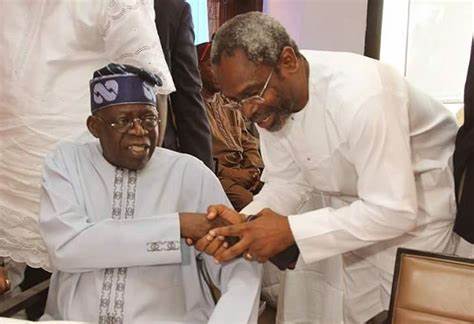This housing allowance for the ministers may result in an annual expenditure of approximately ₦343.25 million for the country.
Over a span of four years, the Federal Government is projected to expend ₦1.37 billion on accommodation for the 45 designated ministers. The allowance breakdown is derived from information sourced from a document obtained from the website of the Revenue Mobilisation and Fiscal Allocation Commission. This document encompasses allowances for various categories including accommodation (equivalent to 200% of basic salary), domestic staff (75% of basic salary), utilities (30% of basic salary), and furniture (300% of basic salary).
Notably, unlike other monthly allowances, the furniture allowance is disbursed once every four years. The recent unveiling of ministerial portfolios by President Bola Tinubu featured a few omissions, including the names of Nasir El-Rufai, Stella Okotete, and Danladi Abubakar, who faced delays in confirmation due to security checks by the Senate.
In the list obtained by our correspondent, 13 nominees were designated as Ministers of State, and several new ministries were also established. The list included designations such as Minister of Communications, Innovation, and Digital Economy (Bosun Tijani), Minister of State, Environment and Ecological Management (Ishak Salako), Minister of Finance and Coordinating Minister of the Economy (Wale Edun), and many others.
Bola Tinubu holds the record for nominating the highest number of ministerial candidates in Nigeria’s Fourth Republic (from 1999 to present), with a total of 48 nominees. This move has raised concerns about the escalating costs of governance. Comparatively, his predecessor Muhammadu Buhari appointed 42 ministers in 2019, and earlier administrations, including those of Goodluck Jonathan, Umar Yar’Adua, and Olusegun Obasanjo, had varying numbers of ministerial nominees.
Despite calls for reduced governance costs, the trend of increasing the number of ministers continues. Critics, such as economist Prof. Akpakpan Edet, argue that this expansion is unnecessary and will elevate expenses.
They suggest that merging ministries could maintain effective functionality while cutting down on expenses. Economist Deborah Oluwagbenga also warns against the financial strain of appointing a large number of ministers, citing the country’s existing debt and the need to focus on prudent resource allocation.
